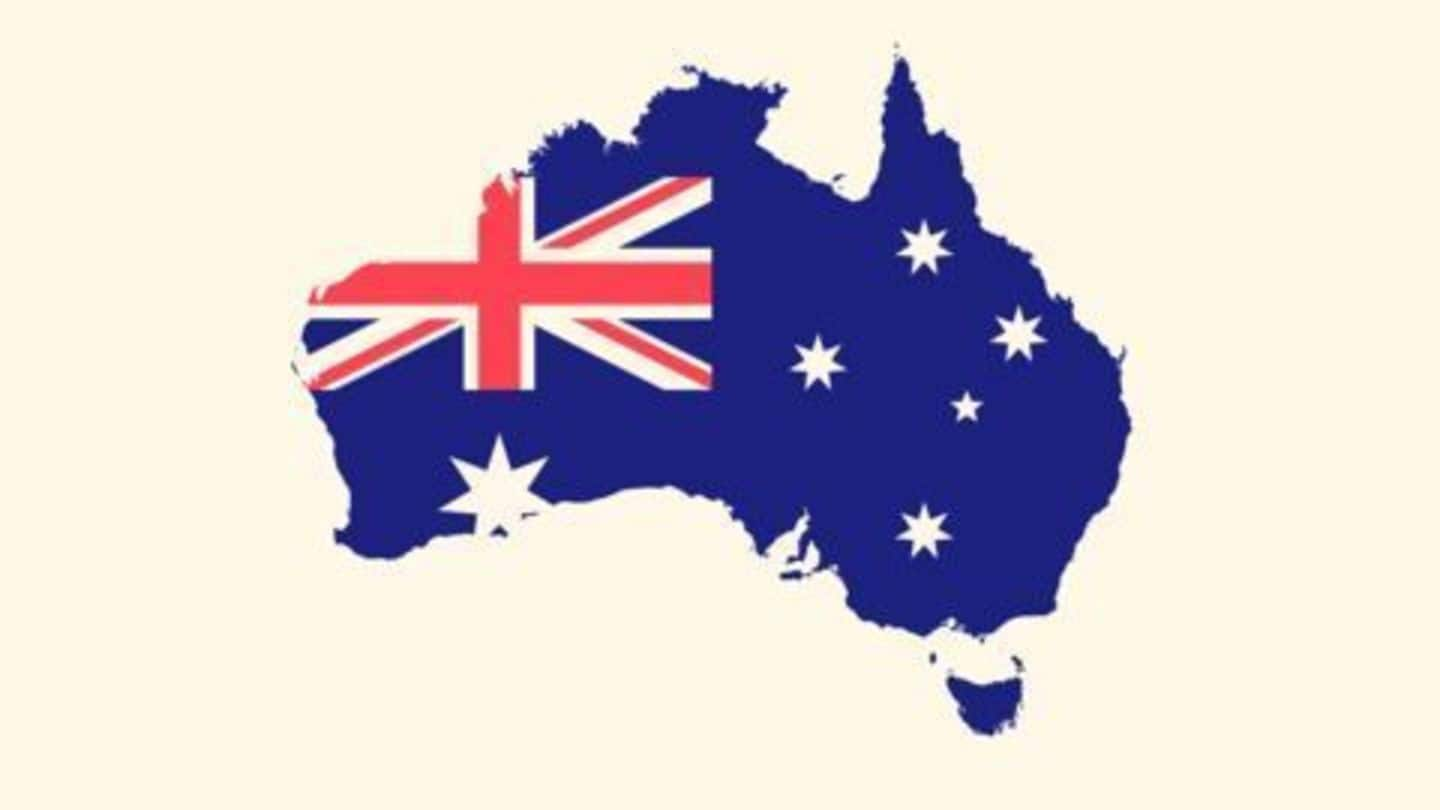
Australian Election thriller: Current coalition, Labor Party neck-to-neck
What's the story
Australia will vote for its Senate (the upper house) and House of Representatives (the lower house) on 2 Jun'16 in the national elections. Opinion polls indicated a fierce competition between the current Liberal/National Coalition and Australian Labor Party adding more heat to the election environment. On the final campaign day, 'The Australian' poll revealed that Liberal/National Coalition (51%) is ahead of Labor Party (49%).
Introduction
Elections in Australia
Australian elections use a full preferential voting in one vote, one value, and single-winner system for the 150-member House of Representatives. The election for the 76-member Senate uses a full preferential group voting tickets or optional preferential single transferable voting system of proportional representation. By Westminster convention and subject to the constitutional constraints, the Prime Minister decides the election type and polling date.
2016 Elections
The 2016 election to take place on 2 July
It was announced that the federal election to elect 226 candidates of the 45th Australian Parliament, for both Senate and House of Representatives, would take place on 2 Jul'16. Campaigning for the elections would be held during an eight-week period before the polls. On 9 May'16, both houses of the Parliament were dissolved; it was the first double dissolution since the 1987 national elections.
Double Dissolution
Procedure to resolve deadlocks
Double dissolution, permitted by the Australian Constitution, resolves deadlocks in the Parliament between the upper and lower houses. Under this procedure, the entire Parliament can be dissolved. If the lower house proposes a law, which is rejected, not passed, or passed with amendments non-agreeable to lower house, by the upper house twice in the same/next session, the Governor-General may dissolve both the houses simultaneously.
Triggers
Bills that triggered double dissolution
Four bills proposed by the lower house and rejected twice by the Senate twice met the requirements for double dissolution. 18 Jun'14: Clean Energy Finance Corporation (Abolition)-Bill 2013 (No. 2). 17 Aug'15: Fair Work (Registered Organizations)-Amendment Bill 2014 (No. 2). 18 Apr'16: Building and Construction Industry (Consequential and Transitional Provisions)-Bill 2013 (No. 2). 18 Apr'16: Building and Construction Industry (Improving Productivity)-Bill 2013 (No. 2).
Candidates
Candidates nominated for the election
For the Federal Election in 2016, a total 1625 candidates have been nominated; in the previous election in 2013, 1717 candidates were nominated. For the House of Representatives (lower house), 994 candidates are nominated; while 531 have been nominated for the Senate (upper house). There a total of 1084 male candidates for the 2016 election whereas there are only 540 female candidates.
Key Players
Incumbent Prime Minister, Opposition Leader pitted against each other
Only ten candidates managed to emerge as the leading players. Incumbent Prime Minister-Malcolm Turnbull (Liberal Party) and the current Opposition Leader-Bill Shorten (Labor Party) are pitted against each other. Other candidates include Deputy PM-Barnaby Joyce (National), Senator Nick Xenophon (Independent), Senator Richard Di Natale (Greens), Senator Jacqui Lambie, Senator Glenn Lazarus, Senator Ricky Muir (AMEP), Senator David Leyonhjelm (Liberal Democratic), Pauline Hanson (One Nation).
Early Ballots
Pre-election and postal votes
According to the Election Commission, about 15,676,659 citizens of Australian have enrolled to vote in the federal election. Over 1.1 million voters had already voted during the first two weeks of the pre-election polls; the Australian Election Commission received over 1.4 million vote applications by post. Over 70 Australian researchers in Antarctica were able to cast early ballots through organized polling booths.
Do you know?
Vote is compulsory
Unlike in many countries, failing to vote in Australia could attract a $20 penalty. In case, the penalty isn't paid, the matter might be referred to court where a $180 penalty and additional court charges might be levied. Also, a criminal conviction might be recorded.